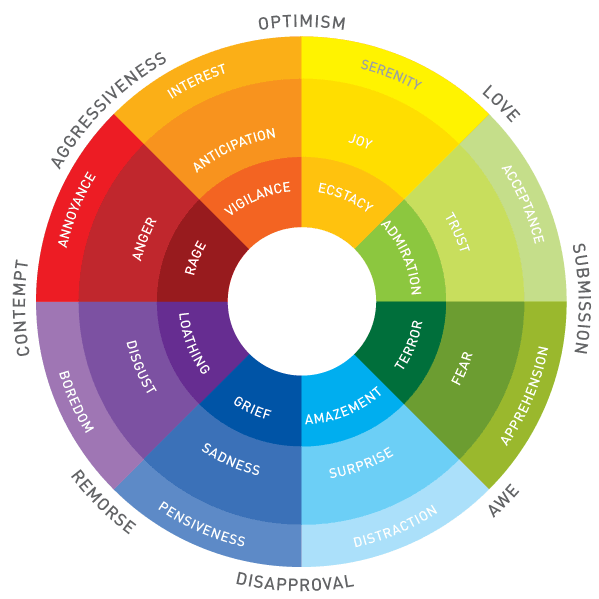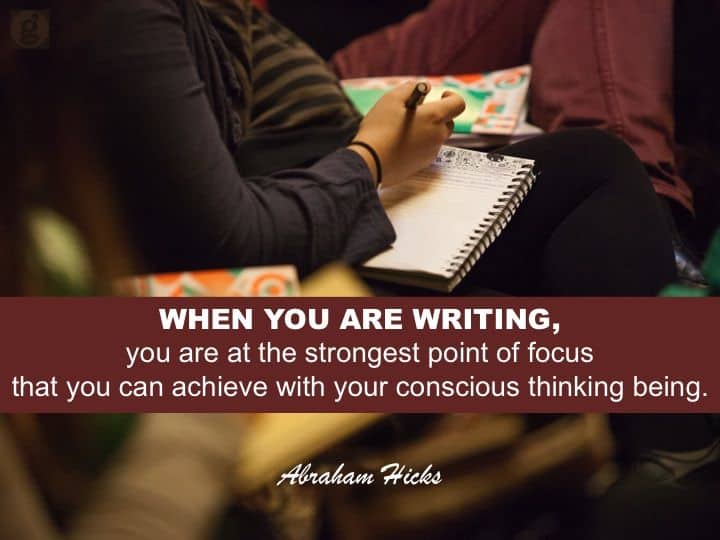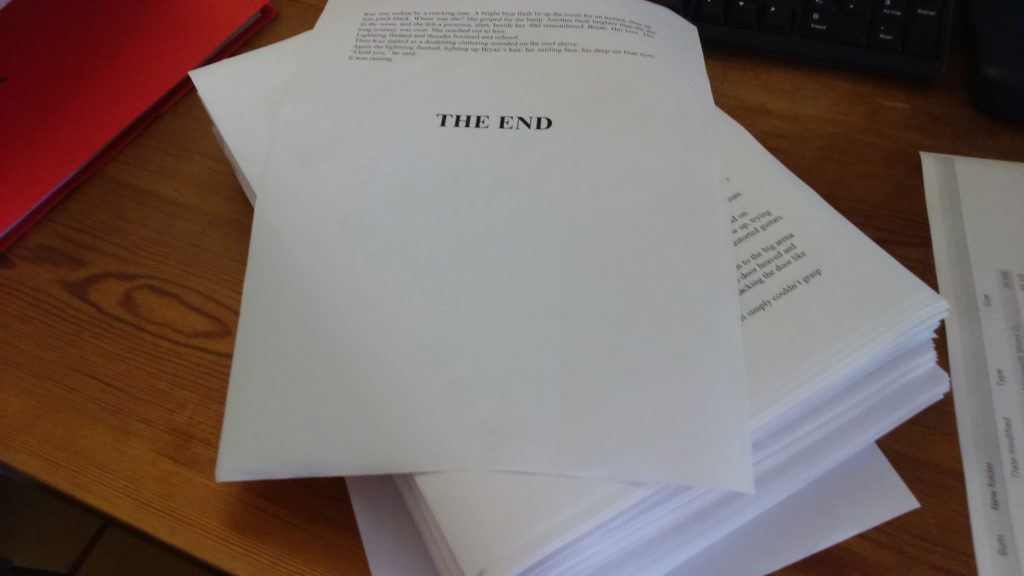
Write what you know. But don’t take that too literally. Maybe you don’t know what it feels like to be shot or wounded. Do as actors do: think back to a situation of pain that you did experience. I always remember Meg Ryan saying in an interview, about playing a soldier, that she felt back to the worst pain she’d ever known: childbirth.
In My Left Foot, Daniel Day-Lewis played the severely paralyzed Christy Brown. Famously, offscreen, he refused to break character and had to be wheeled around the set in his wheelchair, so that he might, literally, experience life as Christy Brown. He broke two ribs during filming from being hunched-over in his wheelchair for so many weeks (to the irritable curses of the film crew, who had to lift him over camera and lighting wires.)
An actor has to be the character. As a writer, you have to create or re-create the character on the page, with words. You have to know what that person is thinking and above all feeling. You need to go there and feel into it. It might be painful. But – and this is part of the alchemy of writing – if you do get to be the character and feel the emotion, it somehow charges the writing. You won’t need to be flowery and longwinded in a desperate bid to describe that emotion.
One of the most common reasons stories and novels ‘don’t work’ is because the emotional plotline of the characters is not fully developed, and their emotions not fully rendered.
And they won’t be unless you, who created the characters, get in there and feel the feelings.




6 Responses
This is just the kind of tidbit I have been waiting for from you and this blog. Secretly. Thank you for ending my longing and suffering. (OK, maybe not suffering, that’s my overly dramatic fingers tapping away at the keyboard.)
There might be more people like me out there who love to write and even publish once in a while and need a trusted source of guidance and inspiration.
That would be you. Ha! Your talent is needed. So, keep it coming, my writing will be the richer because of it. And I thank you for that.
This post made me smile, I’m smiling right now. Can you feel it?
Take care,
Jenifer
Jenifer has said it all. So all I can say is thank you Valerie. I knew all along my writing has been missing something which is why sometimes I have been ‘flowery and long winded’.
I am writing my first book, one that has been in my head and on various note pads and scraps of paper for 15 years.
It has developed in ways I never dreamt of but your advice is spot on.
Gracias y saludos de Jerez
Paul
Valerie, Good post. I totally agree. In fact, I think some of the reasons I experience the things I do is to put a voice to them. In a class I took about the brain we were told if you want people to remember what you say, engage their emotions. Thanks Valerie.
Valerie. Nice splashy header graphic you have here. You also have smooth writing and good advice. Well done!
I read a bit of similarly-brilliant advice. This is it: If you want to know what something feels like, ask a person who is feeling, someone who is in the moment. Want to know what it would be like to move to Africa? Ask someone who is there now. Want to run a marathon? Go to a race and be with the runners. Meg must have an advantage on me in her ability to recall feeling because I forget what child birth is like right up until I am in it. THEN I remember!
I’ve always thought that was incomplete advice. Did Tolkien write what he knew? Hemingway certainly did, but what about King or Crichton?
In the nonfiction world, look at someone like Malcolm Gladwell or Robert Greene who do extensive research on their subjects (that they know little about before writing a book on them).
Like you said, Valerie, it’s not enough to merely write what we know; we’ve got to get into the writing. Great post.
Thank you, everyone, for all your encouraging comments.
@Paul – what kind of book are you writing?